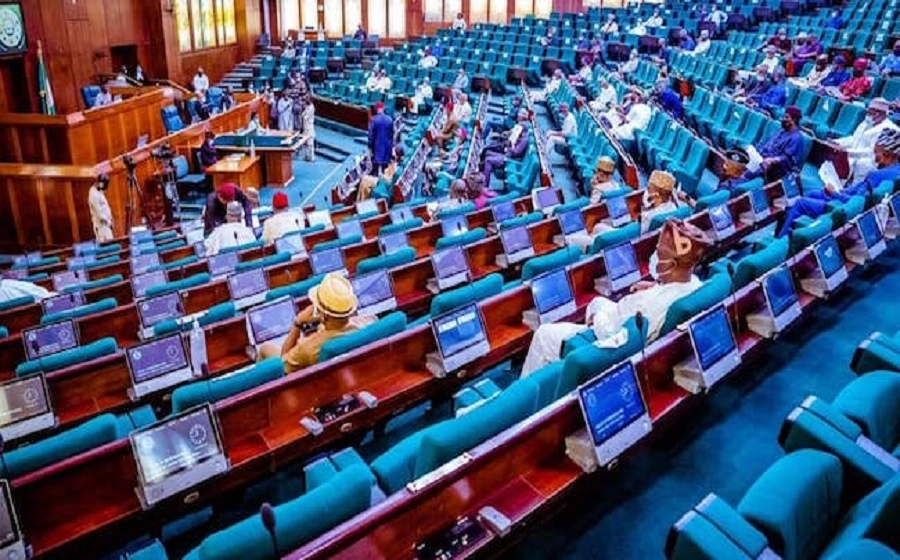Business
CITN fellow seeks amendment of 2021, 2022 Finance Acts

A Fellow of the Chartered Institute of Taxation of Nigeria, (CITN), Mr Francis Uzoma Ubani, has picked holes in some provisions of the 2021 and 2022 Finance Acts, saying some of the provisions are unconstitutional.
He particularly faulted the amendment to the sharing formula from stamp duties/Electronic Money Transfer Levy (EMTL) as enacted in the 2022 Finance Act, saying the adopted formula is illegal.
He spoke in a letter to the Executive Chairman of the Federal Inland Revenue Service (FIRS), Dr. Zacch Adedeji, which was made available to journalists on Tuesday.
Ubani said, “We respectfully write to bring to your attention and inform you that the amendment to the sharing formula for revenue from stamp duties/Electronic Money Transfer Levy (EMTL) as enacted in the provisions of Section 23 of the Finance Act, 2022, which amends Section 89A of the Stamp Duties Act, by substituting for subsection (4), a new subsection (4) as follows:–
“Notwithstanding any formula that may be prescribed by any other law, the revenue accruing by virtue of the operation of this section, shall on the basis of derivation, be distributed as follows: – (a) 15% to the Federal Government and the Federal Capital Territory, Abuja; (b) 50% to the State Governments; and (c) 35% to the Local Governments.”
“This is clearly inconsistent with the provisions of Sections 2(2) and 163 of the Constitution of the Federal Republic of Nigeria, 1999, as altered, and therefore, should be voided, alongside any regulation made by the minister, pursuant to thereof, since the distribution of Stamp Duties/Electronic Money Transfer Levy (EMTL) revenue is statutorily based on derivation, pursuant to the provisions of Section 163 of the said constitution and should not be shared through “the Federation Account” pursuant to Section 162 of the said Constitution, without constitutional amendment.
“It is pertinent to point out that the “Division of Taxing Powers” is contained in the Constitution of the Federal Republic of Nigeria, 1999, as altered. It appears that the prolonged military rule in Nigeria has bequeathed a highly centralized system of government as evident under our said constitution.
“Under the 1999 Constitution, the federal government alone has power to legislate exclusively on 68 items or matters; hence the demand for decentralization or devolution of powers to states, particularly on taxation, but our tax system appears to remain in the firm grip of centralization.”
He also said the collection, recovery and distribution of revenue from stamp duties/electronic money transfer (EMTL) by the Federal Inland Revenue Service (FIRS) is unlawful and contrary to the provisions of Sections 2(2) and 163 of the 1999 Constitution of the Federal Republic of Nigeria as amended.
He pleaded with the FIRS boss to direct the deposit money banks and other financial institutions to immediately begin to remit qualified chargeable stamp duties/EMTL accruable to the different federating States of the Federation, pursuant to Section 4 (2) of the Stamp Duties Act, as amended, to the “relevant tax authorities in the various states of the federation as applicable please.”

